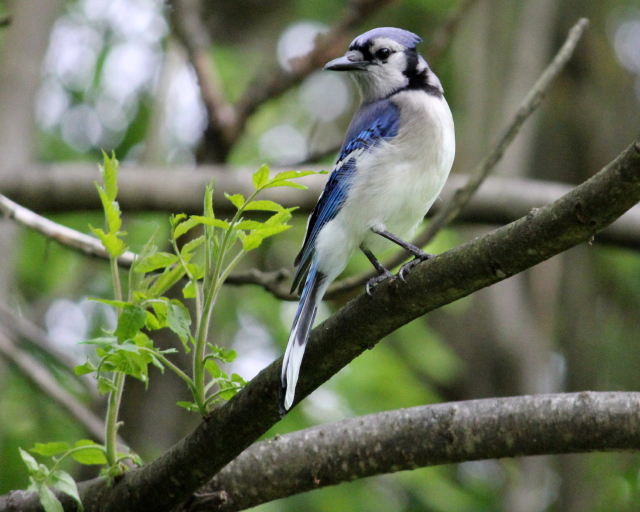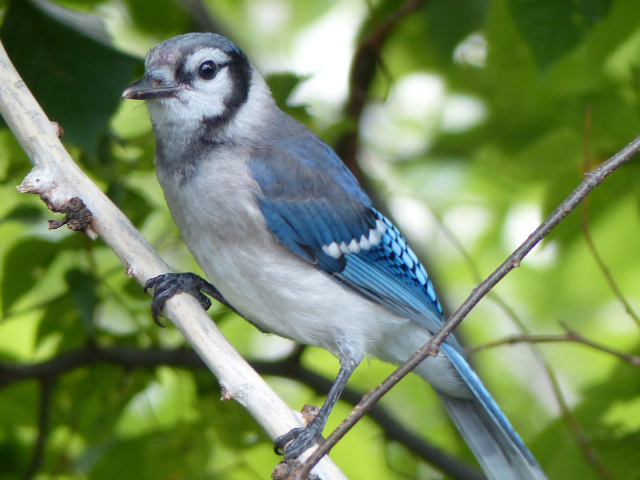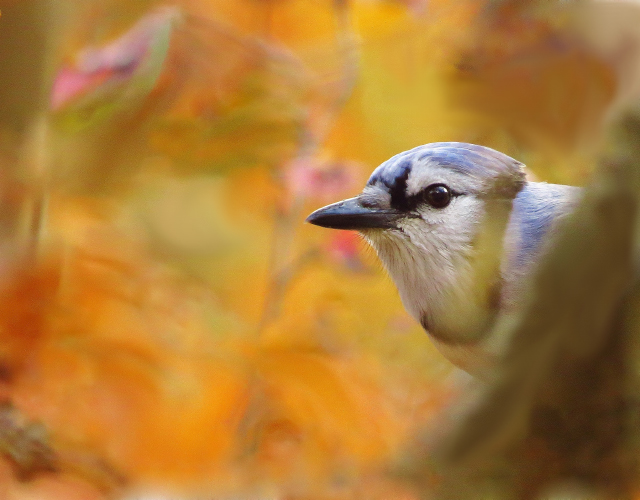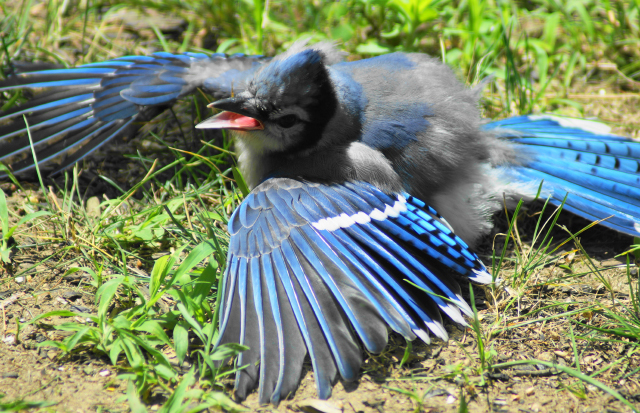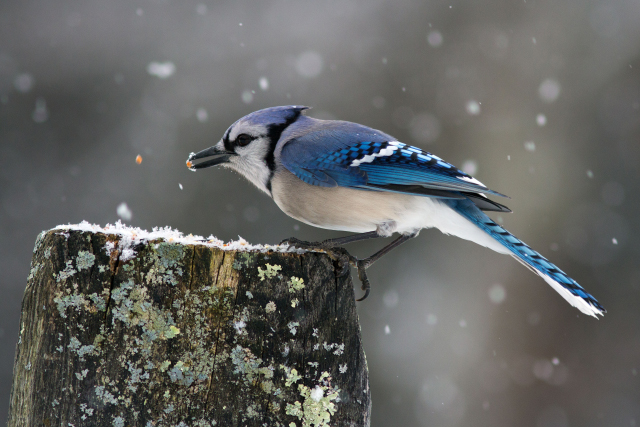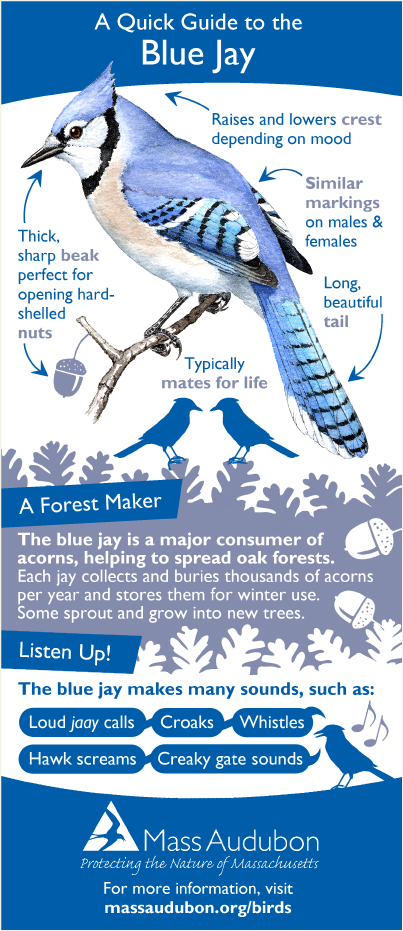Wondering how your state legislators stack up when it comes to supporting environmental bills? Mass Audubon’s 27th Legislative Report Card is out now for the 2013-2014 session, scoring legislators based on their environmental roll call votes. The average score in the House was 94 percent, while the average score in the Senate was 92 percent.
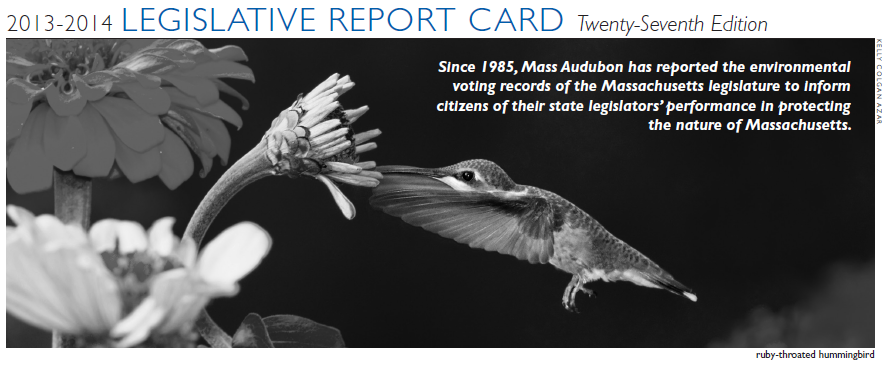
The Legislative Report Card is a compilation of the roll call votes taken by state legislators on environmental bills or funding measures. These votes are an objective way to evaluate their environmental performances. A legislator’s score does not represent an endorsement, or lack thereof, by Mass Audubon.
In 2013-2014, the House voted on 10 priority environmental roll calls (out of a total 505 roll calls). The Senate voted on 14 priority environmental roll calls (out of a total 492 roll calls). These included:
- A $2.2 billion environmental bond, which provides funding for many crucial programs
- Natural gas leak regulation improvements
- Drinking water and wastewater infrastructure updates
- Job creation through energy efficiency programs
Since 1985, Mass Audubon has compiled the environmental voting records of the Massachusetts Legislature to inform citizens of their state legislators’ performance. Legislators receive one point for voting in favor of environmental protection, and zero points for voting against environmental protection or for not voting at all.
Surveying legislators’ scores over the course of their tenure in office may produce a more comprehensive view of their commitment to environmental protection. Learn more about Mass Audubon’s legislative priorities.


